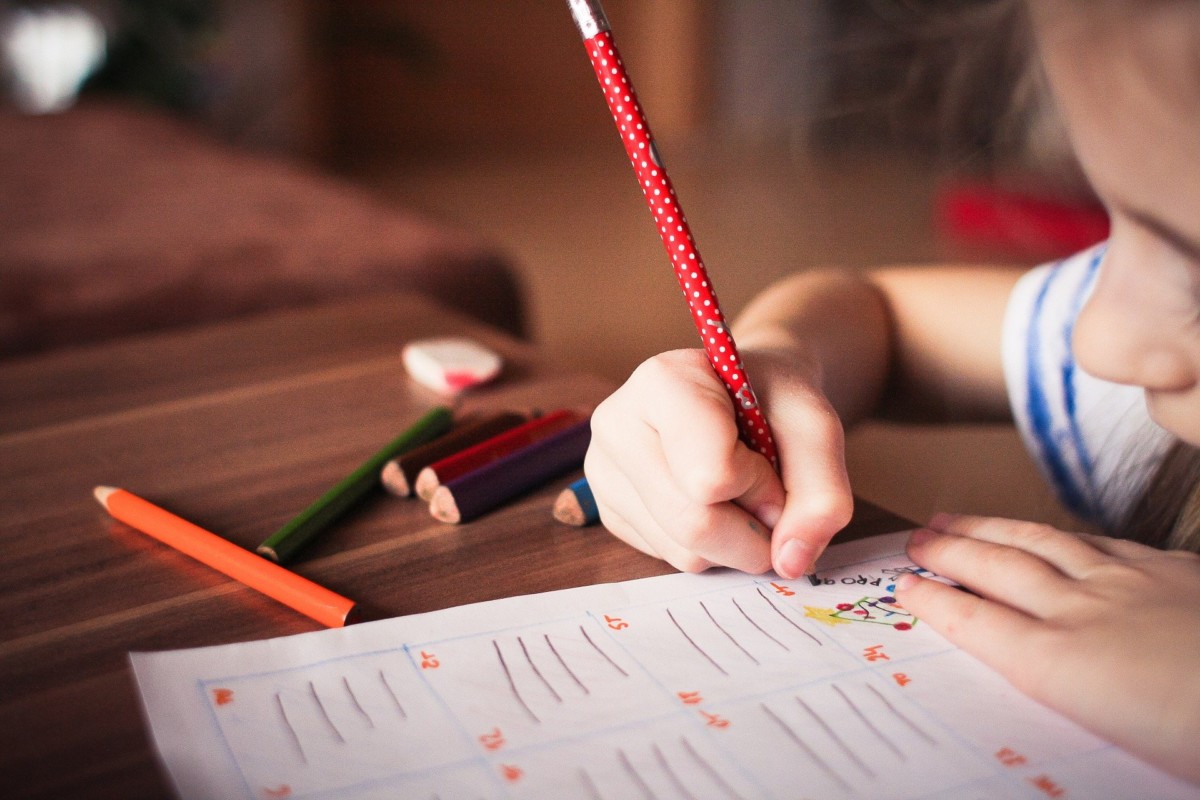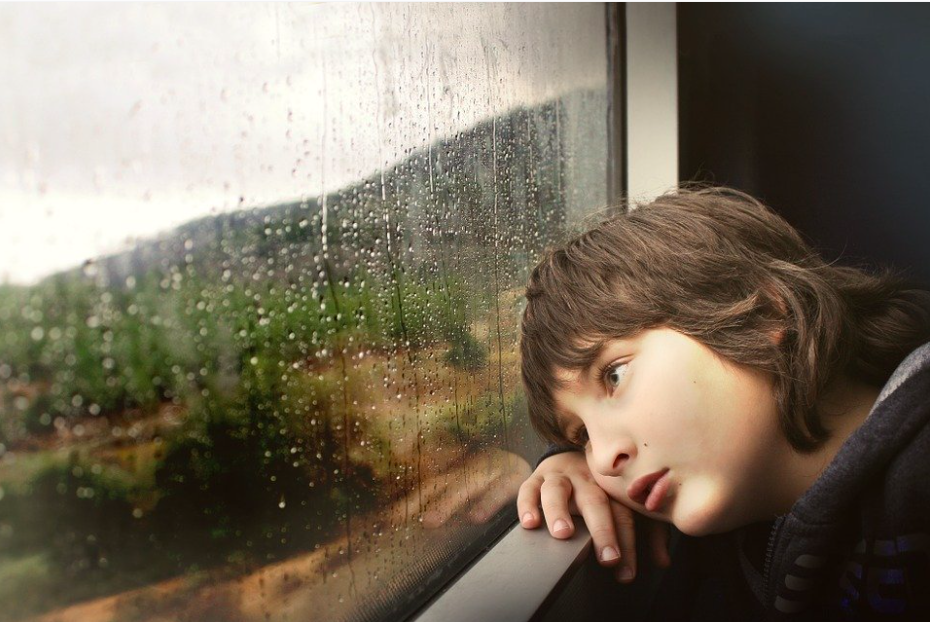To prevent the spread of the coronavirus, schools and daycare centres have been closed for the time being. Children have to stay at home with their parents, who may try to homeschool them as much as possible and also help them with their homework. To so many children out there, these are fun and exciting times, but for some, it is a scary and very unsafe situation.
For children who are emotionally or physically abused, school is a safe haven. Moreover, the school has an important signalling function when children are abused. Signs like bruises and children who withdraw or have difficulty with physical contact always catch the eye of teachers. With strong suspicions of child abuse, it is not uncommon for the teacher to report to Veilig Thuis. With the closure of the schools, the safe harbour and the signal function have now disappeared.
As a society, we now have an obligation, even more so than usual, to keep an eye on this group of children.
Scary times for vulnerable kids
Schools and daycare centres have been closed since 16 March, provided that both parents are not in any of those sectors that are keeping the Netherlands afloat in these difficult times. There may also be a chance of a lockdown in the future but the Prime Minister says that, for now, it is not necessary.
For children who experience domestic violence or abuse, every place that isn’t home such as schools, hobby clubs, the homes of their friends, are generally of great importance. Most children see these places as their “safe” places where they can be carefree children, play and not experience constant tension as they do at home. Now that these places are closed, these kids may feel like their safe havens have been taken from them.
Society has come to a standstill
Try to imagine for a moment that you are a kid with a parent who has an addiction. Now imagine your parent no longer having access to drugs because of the fact that society has come to a standstill. Also try to imagine that you have a parent who is suffering from depression, fear of contamination, anxiety or other psychiatric issues, and their psychologist is absent for a long time due to the coronavirus and can not offer help from a distance. Imagine that recently your parents have been fighting a lot and as a result, decided to get a divorce, but due to the standstill, can only argue, and are forced to tolerate each other since they can’t leave the house.
It is going to be a tough time for the parents and children mentioned above and in some cases it will be an outright hell. For children who already experience violence in the ‘normal’ home situation, the chances are particularly high that in this time of crisis and increased stress, where all resources and ‘escapes’ such as school are out of the question, the violence will increase.

An increasing risk of violence
There is so much stress, fear, and uncertainty in the air right now, and still, families have to survive all of this together. Unfortunately, not all families are loving and peaceful havens for their children. In times like these, regular healthcare professionals may not even be an option. Additionally, even if they are available, they may be less accessible than usual. For many people, this period will also bring financial stress. The usual stress relief outlets like the gym, coffee shops and pubs are out of the question, and some parents may turn to the use of violence as a coping strategy. In fact, all the protective factors that can stem the risk of violence are currently off the table.
What can be done to help these kids?
Think about how we can all be there for each other. A small gesture can go a long way. Social distancing is important, but it doesn’t mean that we can not check on our neighbours and loved ones. Offer each other help in the form of a listening ear on the phone, send a message via WhatsApp, or even Facetime. If possible, host the neighbourhood children via FaceTime and tell a story or read them a book. All of this can help relieve a parent of a crucial hour a day. In this way, you can still be there for a child or parent and perhaps reduce the risk of the children being mentally and/or physically abused by their parents.
Furthermore, I hope that the professionals out there, whether therapists or social workers can continue the important work they do via phone calls, video calls, and if their home situation permits, home calls.
If you are seriously worried that your neighbour may be abusing their children, please call Veilig Thuis on 0800-2000. Even from a distance, we can still watch out for each other. While we must all practise social distancing in order to reduce the spread of this virus and also to keep it from getting to friends and relatives who are high-risk, we must also not forget to watch out for the vulnerable members of our community.
And finally, a tribute to everyone who has been working hard and doing their best to keep this wonderful country from drowning. You are the heart of our society and we are eternally grateful to you. Thank you.
Please stay safe and take care of each other. This too will pass.
Feature Image: Free-Photos/Pixabay


